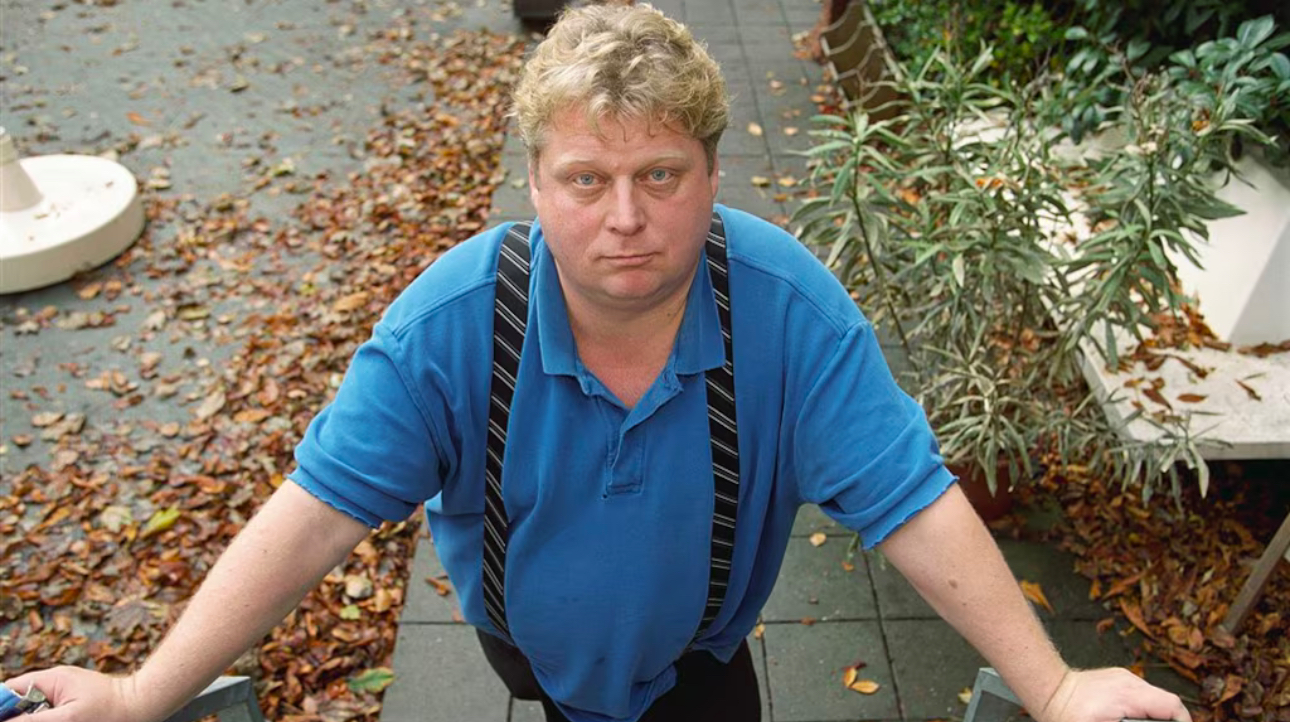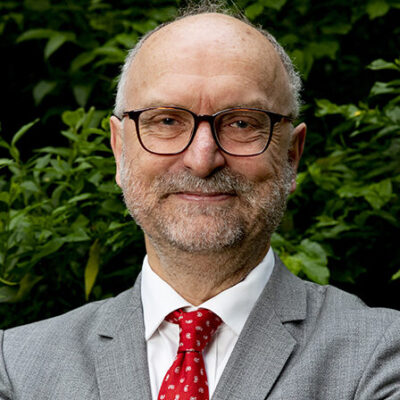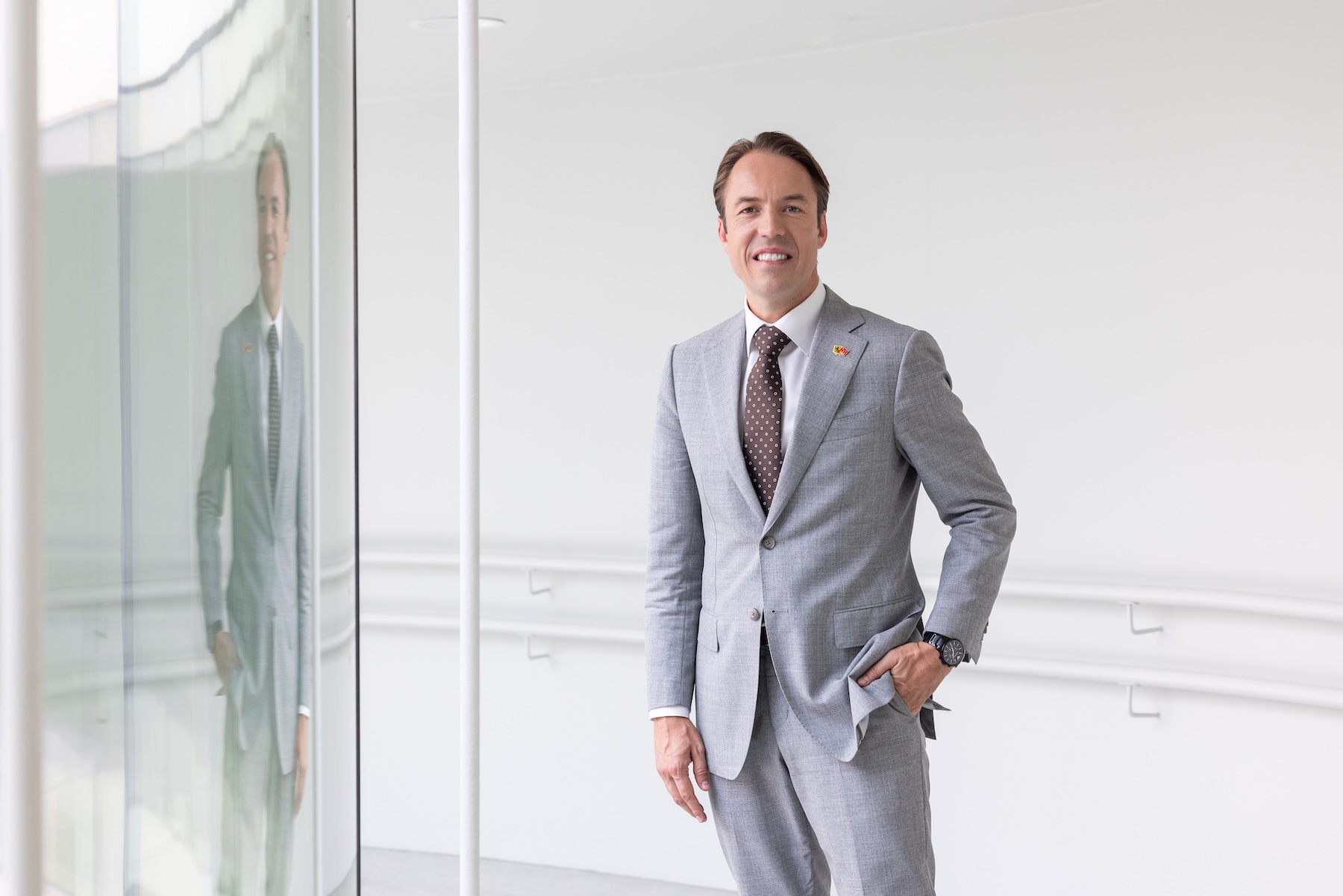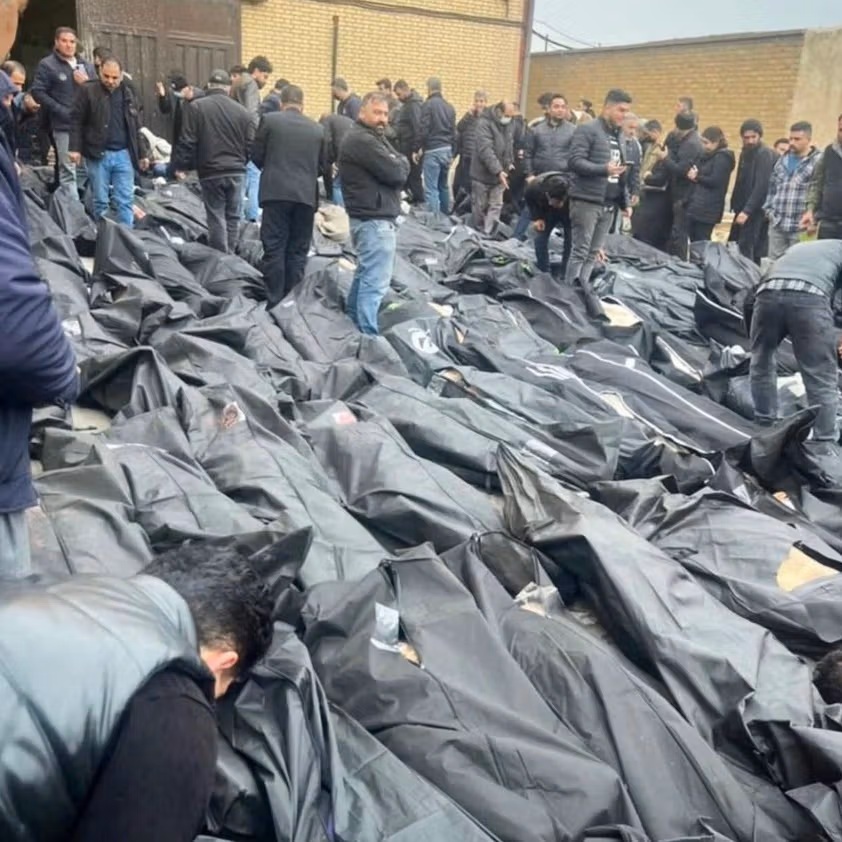
Twenty years ago, on November 2, 2004, the controversial Dutch writer and filmmaker Theo van Gogh was murdered by Mohammed Bouyeri. In the past two weeks, hypocrisy has been the common denominator on Dutch national television. With some exceptions, the Dutch audience was treated to crocodile tears and numerous empty statements about Van Gogh’s importance. It is a cringing charade that climaxes today in Amsterdam with a public commemoration. Why?
By Arthur Blok and Paul Cliteur
The Dutch jihadist now serves a lifelong sentence for his brutal attack on Van Gogh. Van Gogh was shot several times and had his throat slit by the Dutch-Moroccan national while cycling to work on 2 November 2004 at about 9 a.m.
As if that was not enough, Bouyeri also injured some bystanders and left a note pinned to Van Gogh’s stomach with a knife containing death threats to other opinion leaders. Somali writer and politician Ayaan Hirsi Ali went into hiding. Soon after, Dutch right-wing politician Geert Wilders also had to go into hiding. A situation that he is still in now.
Van Gogh directed the controversial film Submission: Part 1, a short film written by Hirsi Ali that strongly criticised women’s treatment in Islam. Ironically, the last film Van Gogh had completed before his murder, 06/05, was a fictional exploration of the assassination of Dutch politician Pim Fortuyn. It was released posthumously in December 2004, a month after Van Gogh’s death and two years after Fortuyn’s death.
In the past twenty years, we were taught that the jihadist-Islamist attack on Van Gogh on November 2, 2004, was the first in a series that our governments (both in the Netherlands and in France or Germany) were unable to control.
Van Gogh’s assassination was followed a year later (2005) by the Jyllands-Posten Muhammad cartoons controversy. In September of that year, the paper published 12 illustrations under “The Face of Muhammad.” The reactions over the ensuing months ranged from protests and lawsuits within Denmark and Europe to boycotts, burned flags, and ransacked embassies abroad.
Another major incident that followed the Danish controversy was the attack on the offices of the French satirical magazine Charlie Hebdo. Its offices were firebombed in November 2011 after publishing a previous caricature of Muhammad on its cover. In January 2015, a total of 17 people were killed in attacks on the satirical magazine by two French-born Algerian Muslim brothers, Saïd Kouachi and Chérif Kouachi.
In October 2020, Samuel Paty, a French secondary school teacher, was attacked and killed by an Islamic terrorist. Paty was killed after a class on freedom of expression where he showed controversial cartoons about Mohammed.
Only two years ago, on August 12, 2022, an attack on Salman Rushdie was committed near New York. The pattern is always the same. The motives of the attackers are the same. The victims are the same. And the authorities' response is the same: pretending it to be a tragic accident.
But, of course, these are not tragic accidents. They are planned ideological-political-religiously motivated attacks on not only a person (which yields a “normal murder”) but also on principle (the freedom of expression and freedom of thought, two values that Jihadist Islamists want to destroy).
Naming the ideological background of the murders and naming the success of those murders (“Terrorism Works”) is a colossal taboo. Concerning that success, if a Dutch broadcaster would consider a 2024 -broadcasting of the film Submission, for which Van Gogh died, on Dutch television, it would result in the same safety risk as in 2004. So, there is no broadcaster, either.
This also raises an important question for that commemoration: how is it possible that, twenty years later, Mohammed Bouyeri’s ideology is still alive and kicking?





